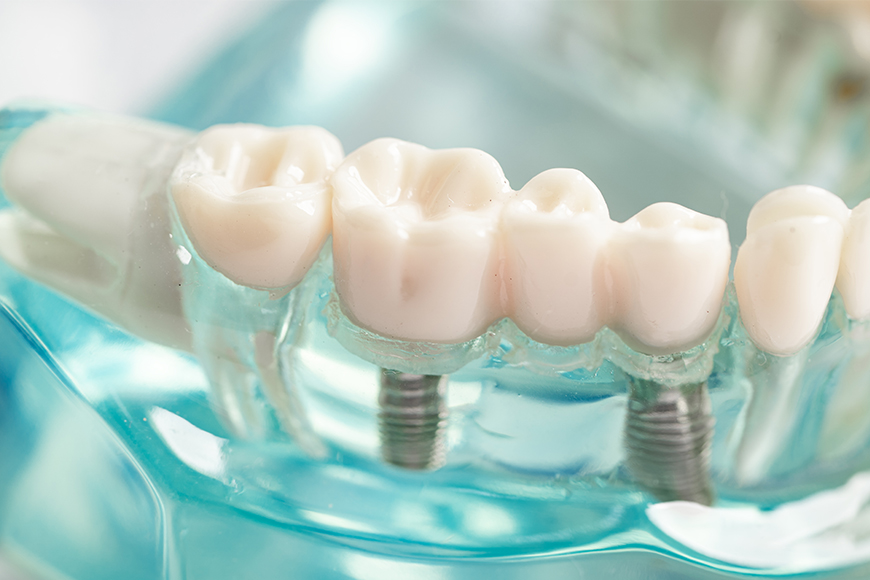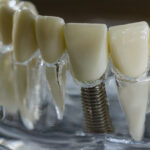Have you considered tooth implants as a solution for missing teeth? While they’re often touted as a superior option, understanding the potential implant side effects is crucial before making a decision. This comprehensive guide will delve into the common and less common side effects associated with tooth implants, providing you with the information you need to make an informed choice.
Understanding Tooth Implants
Before diving into the side effects, let’s briefly discuss what tooth implants are. They are artificial tooth roots surgically placed into the jawbone to support crowns, bridges, or dentures. Implants are typically made of titanium, a biocompatible material that integrates with the bone over time.
Common Implant Side Effects
- Swelling and Bruising: This is a normal occurrence after any surgical procedure, including tooth implant placement. Swelling and bruising should subside within a few days.
- Pain and Discomfort: Some discomfort is expected following surgery. Over-the-counter pain medications can help manage this.
- Bleeding: Minor bleeding is common for a few days after the procedure. If bleeding is excessive or doesn’t stop, contact your dentist.
- Sinus Perforation: In cases where implants are placed near the maxillary sinus (the cavity behind the cheekbones), there’s a risk of perforating the sinus membrane. This can lead to sinus infections and other complications.
- Nerve Damage: Implants placed near nerves can potentially cause numbness or tingling in the lips or teeth. This is usually temporary, but in rare cases, it may be permanent.
Less Common Side Effects
- Implant Failure: While rare, implants can fail due to various reasons, including infection, inadequate bone density, or improper placement.
- Peri-implantitis: This is an infection around the implant, similar to gum disease. It can lead to bone loss and implant failure if not treated promptly.
- Soft Tissue Reactions: Some individuals may experience allergic reactions to the implant material, leading to inflammation or discomfort.
Tips for Minimizing Side Effects
- Choose a qualified dentist: Opt for a dentist with extensive experience in implant surgery.
- Follow post-surgery instructions: Adhere to your dentist’s recommendations for care, including medications, oral hygiene, and dietary restrictions.
- Maintain good oral hygiene: Brush and floss regularly, and avoid smoking, as these can increase the risk of complications.
- Schedule regular check-ups: Visit your dentist for routine check-ups to monitor the health of your implants.
Conclusion
While tooth implants offer numerous benefits, it’s essential to be aware of the potential side effects. By understanding the risks and taking proactive steps to minimize them, you can make an informed decision about whether implants are the right choice for you. Remember, consulting with a qualified dentist is crucial in determining if implants are suitable for your specific needs.
Call to Action
At Madison Dentistry & Implant Center, we’re committed to providing you with the highest quality dental care. Our experienced team specializes in implant surgery and is dedicated to ensuring a positive and comfortable experience. If you’re considering tooth implants, we encourage you to schedule a consultation to discuss your options and address any concerns.




